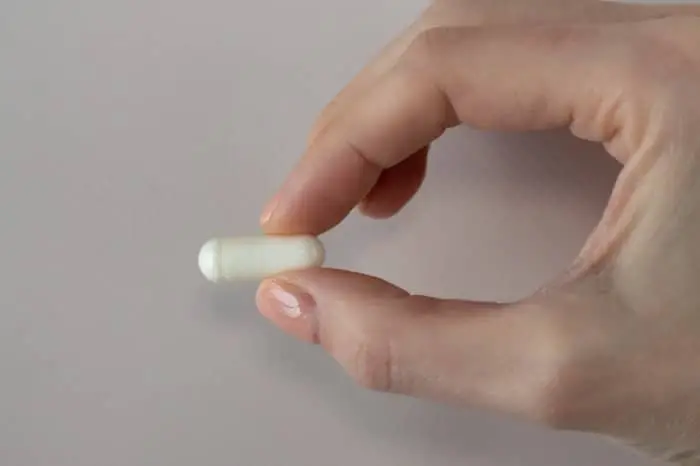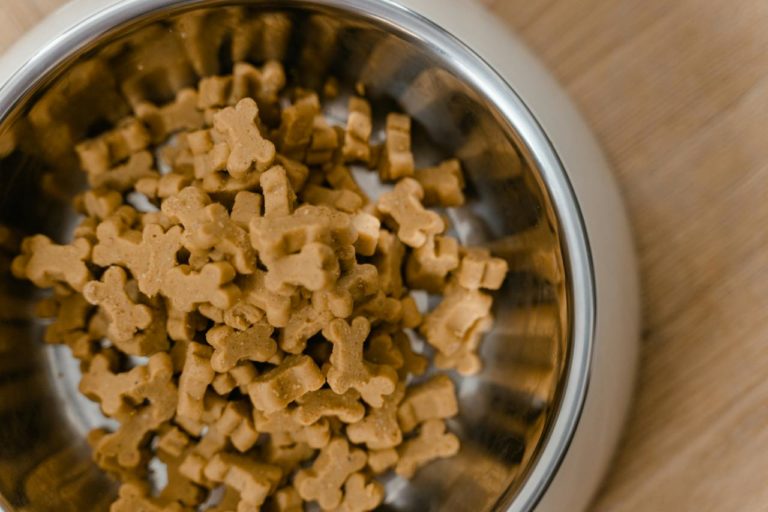Whether you’re on a diet or taking vitamins for your health, ensuring your body absorbs the nutrition is crucial. Nutrient absorption is an essential process in the digestive system, allowing the body to absorb the necessary vitamins, minerals, and nutrients for a properly functioning body. Many people are not aware of the importance of nutrient absorption and how it can impact their overall well-being. Keep reading to explore the significance of nutrition absorption and the best ways to increase this practice in your diet for a healthier body.
Why Is Nutrient Absorption Important?
Eating a healthy diet with the right supplements may be in alignment with your lifestyle regimen, but what if your body isn’t absorbing your efforts? Many nutrition experts believe our current food supply is less nutritious than before. Soil depletion, monoculture farming systems, and pesticide use may cause a lack of nutrient absorption. For example, some pesticides have been shown to interfere with nutrient absorption or metabolism, which can lead to nutrient imbalances or deficiencies.
The human body requires certain vitamins and minerals to function correctly, such as omega 3, vitamin B, iron, and magnesium, to name a few. Without proper nutrient absorption, the body may become deficient in essential vitamins and minerals, leading to various health problems. For example, a lack of magnesium can cause high blood pressure and hormone imbalance, while a lack of iron can cause fatigue, weakness, or even anemia.
Furthermore, nutrient absorption plays a vital role in maintaining the immune system, supporting the digestive system, and promoting healthy brain function. A lack of nutrition over time can increase the risk of developing certain diseases, such as Cancer, Dementia, and Alzheimer’s. Therefore, ensuring the body effectively absorbs the necessary nutrients is crucial to maintaining optimal health.
What Impacts Nutrient Absorption?
Several factors can impact nutrient absorption, including age, genetics, medications, lifestyle choices, and underlying medical conditions. The ability of our bodies to absorb nutrients slows down as we age, resulting in deficiencies. Certain medications, such as antibiotics, can also alter the gut microbiome and disrupt the good bacteria in the gut resulting in poor nutrient absorption.
Lifestyle choices such as excessive alcohol consumption or smoking can also affect nutrient absorption. These substances damage the digestive system and reduce the body’s ability to absorb essential vitamins and minerals. So, you can try Digestive Enzymes to support digestive system.
Genetics can have an impact on individual nutrient absorption. Some people may have genetic variations that affect their ability to absorb certain nutrients. For example, some people have a genetic mutation that makes it harder for their bodies to absorb vitamin D.

How to Increase Nutrient Absorption?
Thankfully, several strategies can help increase nutrient absorption and promote overall health. Below are some tips to increase nutrient absorption:
- Eat a balanced diet. Increase nutrient absorption by consuming a balanced diet rich in whole foods such as vegetables, fruits, whole grains, and lean protein. Organic foods from farms are nutrient-dense, peticide free, and provide a wide range of essential vitamins and minerals for the body to function correctly.
- Take probiotics. Probiotics are live bacteria that can promote gut health by restoring the balance of beneficial bacteria in the digestive system. This supplement can increase nutrient absorption by improving the gut’s ability to absorb nutrients from the food by enhancing the integrity of the gut lining.
- Chew food slowly. Chewing food thoroughly can help break down the food into smaller pieces, making it easier for the digestive system to absorb nutrients. Bonus if you’re eating organic foods or washing them thoroughly before digesting them slowly.
- Avoid processed foods. Processed foods frequently contain large amounts of sugar, unhealthy fats, and calories and can hinder nutrient absorption by reducing the body’s ability to absorb essential vitamins and minerals. Some examples are cheese or deli meat such as sausages and bacon.
- Drink plenty of water. Staying hydrated is crucial for nutrient absorption, as water is vital in transporting nutrients throughout the body. Drinking plenty of water can help ensure the body effectively absorbs essential vitamins and minerals.
- Manage stress. Stress can significantly impact nutrient absorption by altering the gut microbiome and reducing the body’s ability to absorb essential vitamins and minerals. Therefore, managing stress through meditation, yoga, exercise, and deep breathing can help improve nutrient absorption.
How Long Before Nutrients Are Absorbed?
The length of time it takes for nutrients to be absorbed depends on various factors, including the type of nutrient, the food it’s consumed with, and individual factors like age and health status. Generally, the absorption process begins as soon as food enters the mouth and continues throughout the digestive system.
Fruits, vegetables, and whole grains digest nutrients in the body differently depending on the type of food ingested and the digestive health of the individual. These foods provide a variety of useful nutrients when they are digested and absorbed in the body, which typically takes 1-2 hours.
It can take many hours to absorb vitamins like A, D, and K completely. These vitamins are absorbed along with dietary fat. The small intestine is where water-soluble vitamins like vitamins C and B are absorbed, and they typically do so within a few hours.

What May Affect Nutrient Absorption?
Several factors can impact nutrient absorption, including:
- Medications: Some medications may prevent you from absorbing nutrients. For example, Proton Pump inhibitors (PPIs), which are used to treat acid reflux, can reduce the absorption of vitamin B12.
- Aging: Our body’s capacity to absorb nutrients decreases with age. This decline is due to the fact that as we age, our digestive systems become less effective as our bodies produce fewer digestive enzymes.
- Stress: As chronic stress lowers blood flow to the digestive tract, it can affect how well the digestive system absorbs nutrients. As a result, changing the gut flora in a way that prevents nutrients from being absorbed.
- Food sensitivities or intolerances: Certain food sensitivities can cause digestive system inflammation, such as celiac or Chron’s disease, as they can damage the intestinal lining, preventing the absorption of nutrients.
- Nutrient Interactions: Individual nutrients can interact with one another, which may have an impact on how well they are absorbed. For instance, calcium can prevent iron from being absorbed, so it’s vital to space out the use of these supplements.
Talk to Dr. Nandi
If you really want to increase your nutrient absorption but don’t want to take in just by reading online resources then you can personally consult with doctor for expert advice. Dr. Partha Nandi will help you with your diet, nutrients absorption by knowing your health conditions and how you are comfortable. Schedule an appointment with our doctor now.





















